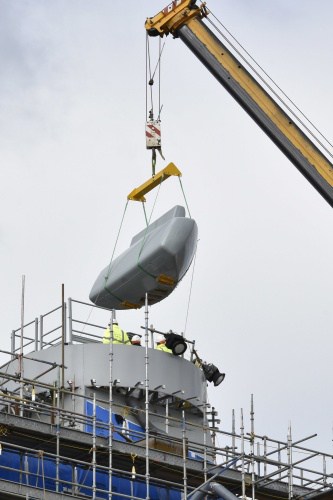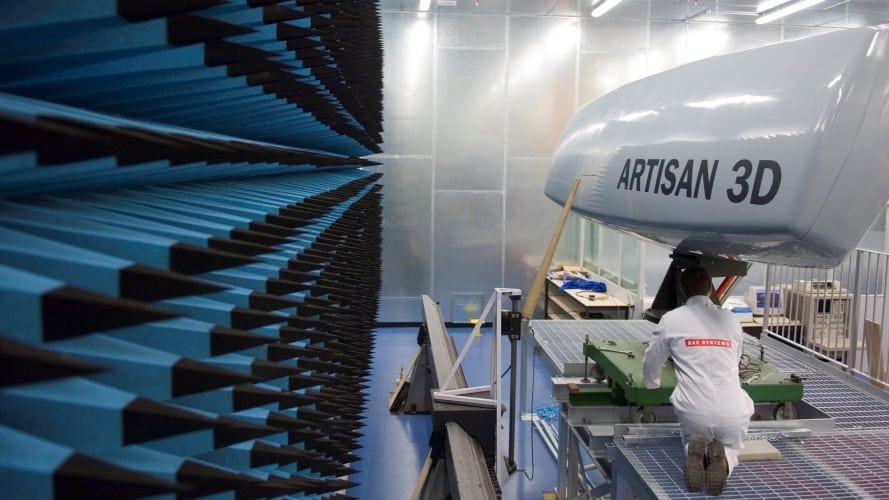Advanced 3D radar technology capable of detecting objects as small as a tennis ball and travelling at three times the speed of sound more than 25Km away, has been installed on the Royal Navy’s future aircraft carrier, HMS Queen Elizabeth.

Developed by BAE Systems, the technology, known as Artisan 3D, will be used to monitor and control the skies around the carrier.
According to the company the system, which is already used on the Type 23 frigates, can monitor more than 800 objects simultaneously from 200 to 200,000 metres and cut through radio interference equal to 10,000 mobile phone signals.
Les Gregory, Director for Products and Training Services at BAE Systems said: “Artisan is a ground-breaking radar system that delivers real capability to the Royal Navy in its supreme accuracy and uncompromising tracking. In addition, its world-leading electronic protection measure ensures that even the most complex of jammers will not reduce its effectiveness.”

The installation of the system is the culmination of a two and half year long process, during which engineers created a life-sized mock-up of the carriers’ aft island in order to hone the radar’s interaction with the new carrier’s combat systems.




Swiss geoengineering start-up targets methane removal
No mention whatsoever about the effect of increased methane levels/iron chloride in the ocean on the pH and chemical properties of the ocean - are we...